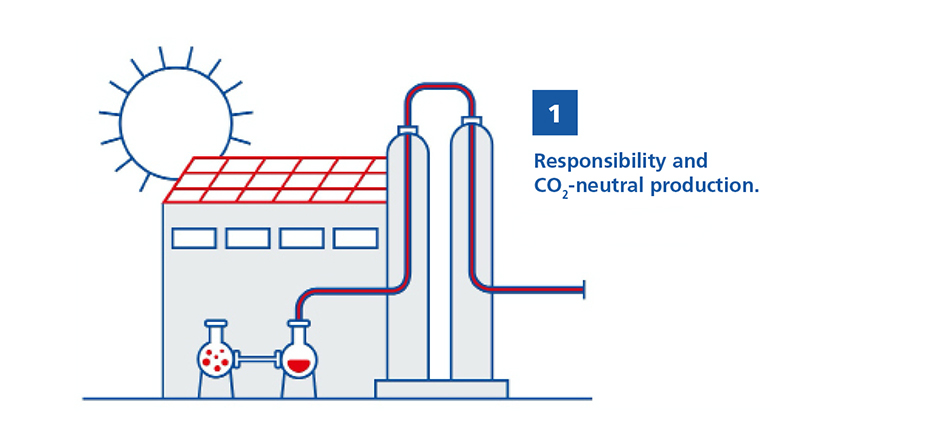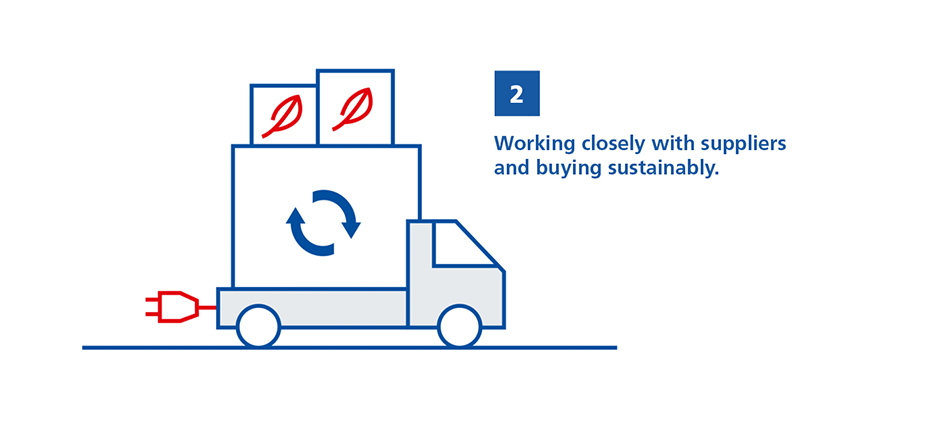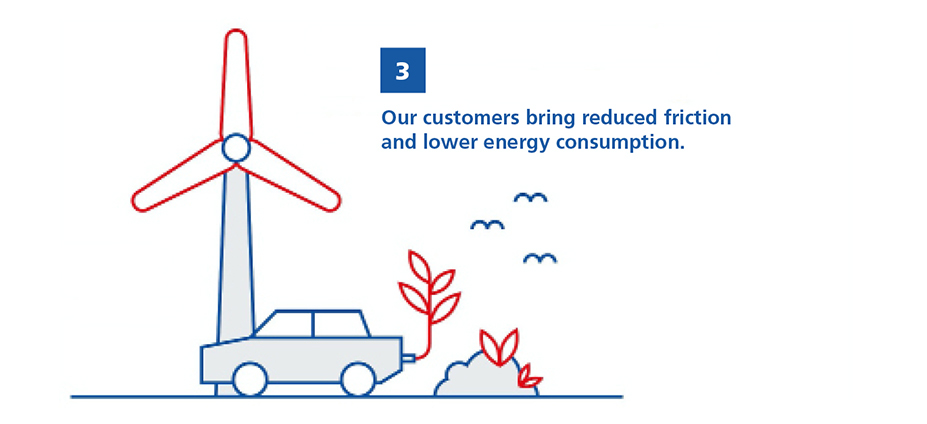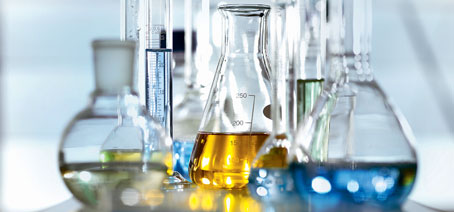Aiming for sustainability
Ecological sustainability is important to us at FUCHS, and we’ve had a goal-oriented focus on climate issues since 2010. Since 1 January 2020, customers around the world have had lubricants made in CO2-neutral processes by a CO2-neutral company – and the journey has only just begun…

Our long-term goal is to be able to offer completely CO2-neutral products, not ‘just’ CO2-neutrally produced products like at the moment, but this calls for strategies that encompass the entire value chain: from the suppliers to the end customers’ use of the products. Some of the influencing factors are the raw materials’ impact on the environment, processes in the lubricant factories, deliveries of finished lubricants to our customers, how they are used, and how the spent products are disposed of.
FUNDING FOR CLIMATE PROTECTION PROJECTS
While our climate awareness has increased dramatically in recent years and we are working hard to reduce our climate impact, some emissions remain that are unavoidable at present. That’s why we’re also investing in selected, certified climate protection projects. But climate compensation should never be about buying ourselves a clean conscience, and we are constantly working to increase both the share of renewable energy and our energy efficiency, so that we can reduce our climate-compensation investments.
SUSTAINABLE PRODUCTION
The first aspect we consider when it comes to sustainability is of course our own production, since this is where we can make direct changes. We are striving to limit our energy and water consumption, are installing and/or preparing for solar panels on roofs and working on a solution for collecting rainwater in new facilities. In Germany we use high-temperature condensation from one production plant to heat other nearby facilities, which reduces the carbon footprint by 18 tonnes a year.

Since 2010 we have reduced our CO2 emissions by 30%, but there is of course more to be done. One big step in our efforts to reduce our environmental impact here in the Nordic region is our new production plant outside Stockholm, which runs entirely on non-fossil energy. This affords us new opportunities to reduce our climate impact in production, with everything from more efficient flows to our own in-house warehouse stock, eliminating transportation between production and interim storage.
SUSTAINABLE PURCHASING HIGH ON THE AGENDA
If we are to offer totally sustainable products, all the raw materials we purchase must also be sustainable – the raw material does, after all, account for some 90% of a finished lubricant product’s carbon footprint.

This is our toughest challenge as it falls outside of our own operation, but finding regional renewable and biodegradable alternatives to fossil raw materials is crucial. We therefore strive to co-operate closely with our suppliers. Thanks to our position as the world’s largest independent manufacturer of lubricants, we have a unique opportunity to have a real influence on the entire value chain.
FUCHS already produces biodegradable lubricants, one example being our product series PLANTO. But there is a lot of room to do far more. This is why we are also involved in many research projects on sustainability, several of which are showing promising results.
THE USAGE PHASE IS KEY
Looking at the entire life cycle of our products, the usage phase is key. This is why it’s important that we also work closely alongside our customers, so we know what they need to reduce their own footprint, and to make sure that they know which of our products work best in their processes, and how. We are always willing to research and develop new products alongside our customers, two examples being RENOLIN CLEAN and PLANTOHYD ES.

We are constantly conducting research to develop new products and improve efficiency in drive units using our lubricants. E-engine oil for electric cars that not only lubricates the gearbox, but also cools electric machines and power electronics, is just one example. Other ongoing research is looking at creating local alternatives to tropical palm oil, and using recycled cooking oil as a thickener in our lubricating greases.
By helping to reduce our customers’ climate footprint, we simultaneously help to reduce our own. With their fundamental task of reducing friction, wear and corrosion, lubricants do, after all, naturally contribute to sustainability – both economical and ecological.
Please feel free to contact us if you have your own ideas for collaboration projects!

This might also interest you?
Electric cars – new technology calls for new lubrication
The market for electric cars is setting new records. It is redrawing the map in the automotive industry, but also affecting lubricant manufacturers and other suppliers to the industry. Read more about a changing industry, where technical solutions and attitudes towards mobility are currently being challenged.
Waste – an ingredient in future lubricants
Waste could be the key to smarter production and lower environmental impact. That’s because some types of waste can be used to produce lubricants – a new approach that can save both money and the environment.
All blog posts
Subscribe
Only available in Danish.
Smart Lubrication
Smart Lubrication is a blog from FUCHS where we share our common knowledge about lubricants and lubrication.


